Vitamins for Dog health play a crucial role in supporting strong immunity, healthy bones, shiny coats, and overall wellbeing. Whether your dog eats commercial food or a homemade diet, the right balance of essential vitamins helps fill nutritional gaps and keeps your pet active, energetic, and protected at every life stage.
Dogs’ coat health is a crucial aspect of their overall well-being. Understanding what contributes to a healthy coat is essential for every pet owner. From the importance of a healthy coat to factors affecting coat health, let’s delve into how essential vitamins play a key role in maintaining a vibrant and lustrous coat for our canine companions.
The Importance Of A Healthy Coat
A healthy coat for dogs is not just about aesthetics – it also reflects their overall health. A shiny and well-maintained coat indicates that a dog is receiving proper nutrition and care. A healthy coat protects the skin, helps regulate body temperature, and acts as a barrier against external irritants.
Factors Affecting Coat Health
- Diet: Proper nutrition is vital for coat health. Dogs require specific vitamins and nutrients to support coat growth and maintenance.
- Environmental Factors: Exposure to harsh weather conditions, pollutants, and allergens can affect a dog’s coat.
- Grooming: Regular brushing and bathing can influence coat health by distributing natural oils and removing debris.

Credit: www.amazon.com
Essential Vitamins For Dog’s Coat Health
Ensuring your dog has a healthy and lustrous coat is an essential part of their overall well-being. A shiny, smooth coat not only enhances their appearance but also indicates their good health. One way to maintain your dog’s coat is by providing them with the essential vitamins they need. These vitamins play a crucial role in promoting healthy skin, preventing dryness, and reducing shedding. By incorporating the right vitamins into their diet, you can help your furry companion maintain a vibrant and glossy coat. Let’s explore the essential vitamins for your dog’s coat health.
Vitamin A
Vitamin A is crucial for maintaining healthy skin and a glossy coat in dogs. It helps in the production of sebum, an oily substance that moisturizes the skin and keeps the coat soft and shiny. This vitamin also supports skin cell regeneration, promoting overall skin health. Incorporating foods rich in Vitamin A like liver, carrots, and sweet potatoes into your dog’s diet can contribute to a beautiful and healthy coat.
Vitamin B Complex
Vitamin B complex is a group of vitamins that play a vital role in maintaining the health and quality of your dog’s coat. B vitamins such as Biotin (B7) help in improving hair texture and preventing dryness, while Niacin (B3) promotes blood circulation to the skin, ensuring proper nourishment. To support your dog’s coat health, consider feeding them foods that are rich in Vitamin B, such as liver, eggs, and whole grains.
Vitamin E
Vitamin E acts as a powerful antioxidant that protects the skin and coat from damage caused by free radicals. It helps in maintaining healthy skin and reducing inflammation, leading to a shiny and lustrous coat. Providing your dog with sources of Vitamin E like sunflower seeds, almonds, and spinach can contribute to their overall coat health.
Sources Of Essential Vitamins For Dogs
A dog’s coat is not just about looking good, it’s also an important indicator of their overall health. A shiny, smooth, and healthy coat is a sign that your furry friend is getting the right nutrients to support their skin and fur. One crucial aspect of maintaining a healthy coat is ensuring that your dog gets the essential vitamins they need. In this article, we will explore the sources of essential vitamins for dogs’ coat health, including natural food sources and supplements.
Natural Food Sources
One of the best ways to provide your dog with essential vitamins is through their diet. By incorporating natural food sources rich in these vitamins, you can support your dog’s coat health from the inside out. Here are some natural food sources of essential vitamins for dogs:
- Lean meats: Chicken, turkey, and beef liver are excellent sources of vitamin A, which is essential for maintaining a healthy coat.
- Fatty fish: Fish such as salmon and mackerel are rich in omega-3 fatty acids, which promote healthy skin and a shiny coat.
- Eggs: Eggs are packed with biotin, a B-vitamin that supports the growth and maintenance of healthy hair and skin.
- Spinach: This leafy green vegetable is high in vitamin E, which acts as an antioxidant and helps protect the skin from damage.
- Pumpkin: Rich in vitamin C and beta-carotene, pumpkin supports a healthy coat and skin.
Supplements
In addition to natural food sources, supplements can be a great way to ensure that your dog is getting all the essential vitamins they need for a healthy coat. Here are some common supplements that can help improve your dog’s coat health:
- Fish oil: Fish oil supplements, which are rich in omega-3 fatty acids, can help reduce inflammation and promote a healthy coat.
- Coconut oil: Coconut oil has antimicrobial properties and can provide nourishment to your dog’s skin and coat when added to their diet.
- Biotin: Biotin supplements specifically designed for dogs can help improve the quality of their coat by supporting healthy hair growth.
- Vitamin E: Vitamin E supplements can assist in maintaining the integrity of your dog’s skin and coat, especially if they have dry or flaky skin.
Keep in mind that before starting your dog on any supplements, it’s important to consult with your veterinarian to ensure they are appropriate for your pet’s specific needs.
Benefits Of Essential Vitamins For Dog’s Coat
Dogs’ coats are an essential part of their overall health and appearance. A shiny and lustrous coat not only indicates a healthy dog, but it can also be a reflection of their overall well-being. Essential vitamins play a crucial role in maintaining a dog’s coat health. These vitamins promote hair growth and improve skin health, ensuring that your furry friend has a coat that is not only beautiful but also strong and resilient.
Promotes Hair Growth
One of the key benefits of essential vitamins for a dog’s coat is promoting hair growth. These vitamins provide the necessary nutrients that support the growth of strong and healthy hair. In particular, vitamins like Vitamin A and Biotin are essential for hair growth in dogs.
Vitamin A plays a vital role in the production of sebum, an oil-like substance that moisturizes the skin and keeps the coat soft and shiny. It also helps in maintaining healthy hair follicles, preventing hair loss and promoting new hair growth.
Biotin, on the other hand, is known as the “hair growth vitamin” because it aids in cell growth and the production of amino acids, which are the building blocks of hair. By ensuring an adequate intake of biotin, you can help your dog maintain a luxurious and thick coat.
Improves Skin Health
In addition to promoting hair growth, essential vitamins also play a crucial role in improving skin health. Vitamins like Vitamin E and Omega-3 fatty acids are known for their skin-nourishing properties.
Vitamin E is a powerful antioxidant that helps protect the skin cells from damage caused by free radicals. It also aids in the formation of collagen, which is essential for maintaining the skin’s elasticity and preventing dryness.
Omega-3 fatty acids, found in fish oil, are essential for maintaining the skin’s moisture and reducing inflammation. They help alleviate itching and dryness, common skin issues that can lead to a dull and lackluster coat. By incorporating Omega-3 fatty acids into your dog’s diet, you can help keep their skin healthy and their coat vibrant.
Overall, essential vitamins play a crucial role in promoting a dog’s coat health. From promoting hair growth to improving skin health, these vitamins ensure that your four-legged friend’s coat is not only beautiful but also healthy and resilient. By providing your dog with the necessary nutrients, you can help them achieve a coat that will make them the envy of the neighborhood!
Frequently Asked Questions For Essential Vitamins For Dogs’ Coat Health
What Vitamin Is Good For A Dog’s Coat?
Vitamin E is good for a dog’s coat.
How Can I Improve My Dogs Hair Coat?
To improve your dog’s hair coat, try these tips: 1. Regular grooming, including brushing and trimming, can keep the coat healthy and free from tangles. 2. A balanced diet, rich in essential fatty acids and nutrients, can promote coat health.
3. Provide your dog with regular exercise to stimulate blood flow and promote a shiny coat. 4. Consider using supplements or shampoos specifically designed for coat health. 5. Regular veterinary check-ups can help identify any underlying health issues affecting the coat.
What Vitamins Are Good For Dog Hair Growth?
Vitamins A, B, C, and E are good for dog hair growth. These vitamins help maintain healthy skin and promote hair growth. A balanced diet with these vitamins supports your dog’s overall health and coat condition.
What Vitamin Is Good For Fur?
Vitamin E is good for fur. It promotes hair growth and keeps the coat healthy and shiny.
Conclusion
Providing essential vitamins for your dog’s coat health is crucial. A diet rich in vitamins A, E, and omega-3 fatty acids promotes a shiny and lustrous coat. Regular grooming to remove dead hair and debris also plays a vital role.
By prioritizing your furry friend’s coat health, you can ensure they look and feel their best. So, start incorporating these vitamins into their diet today for a healthier and happier coat.
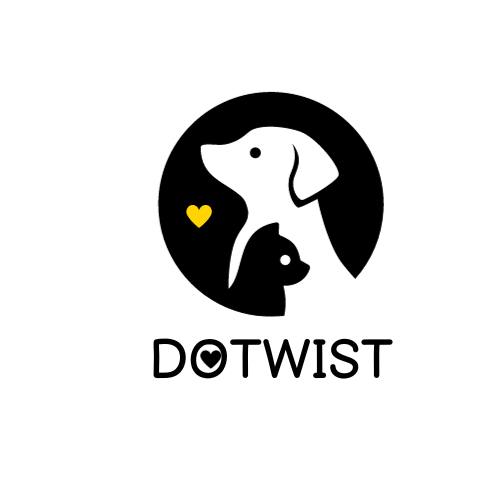
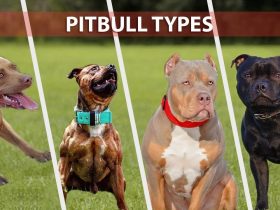
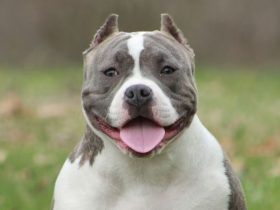
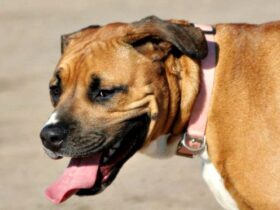

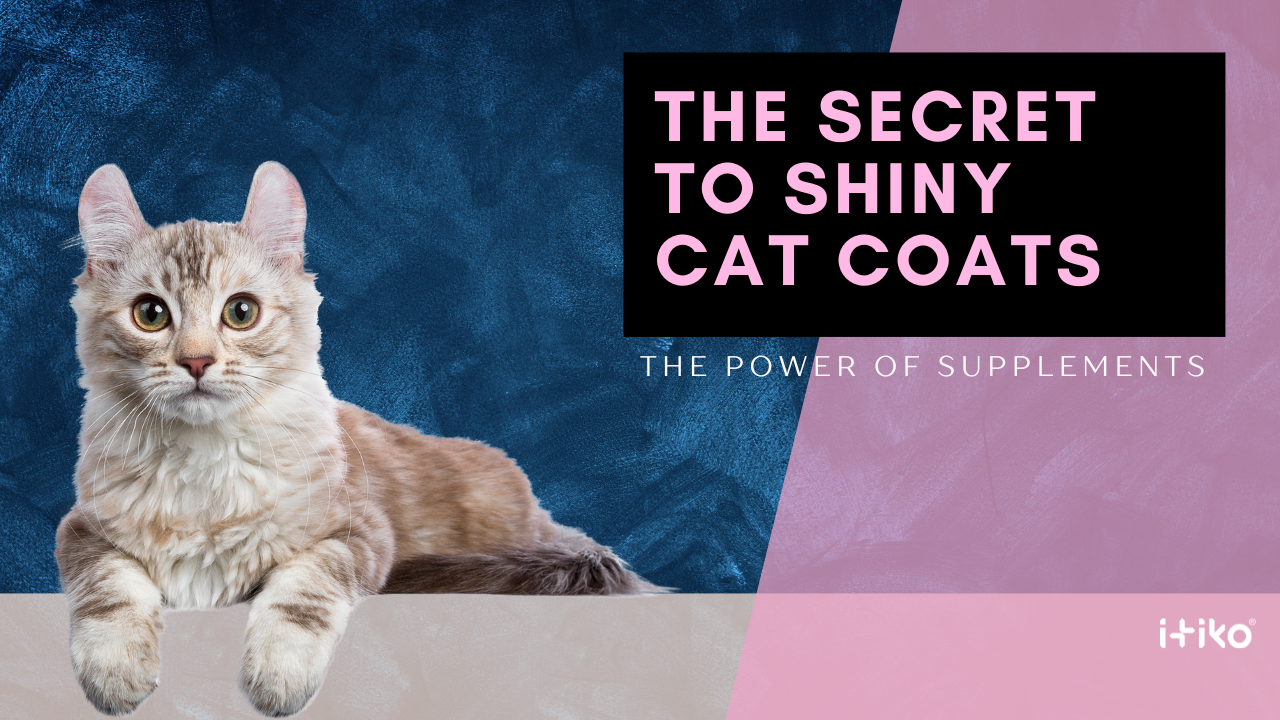

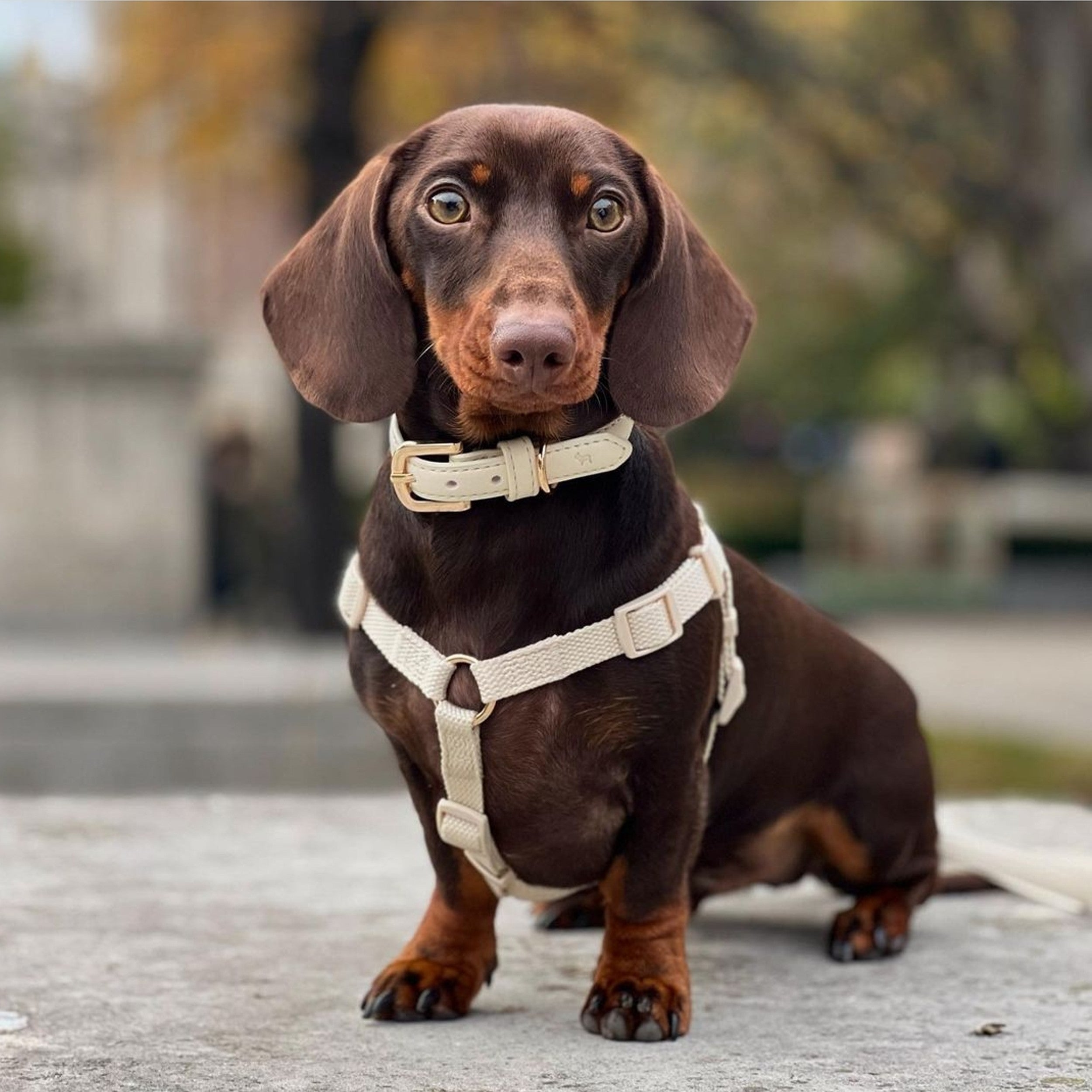
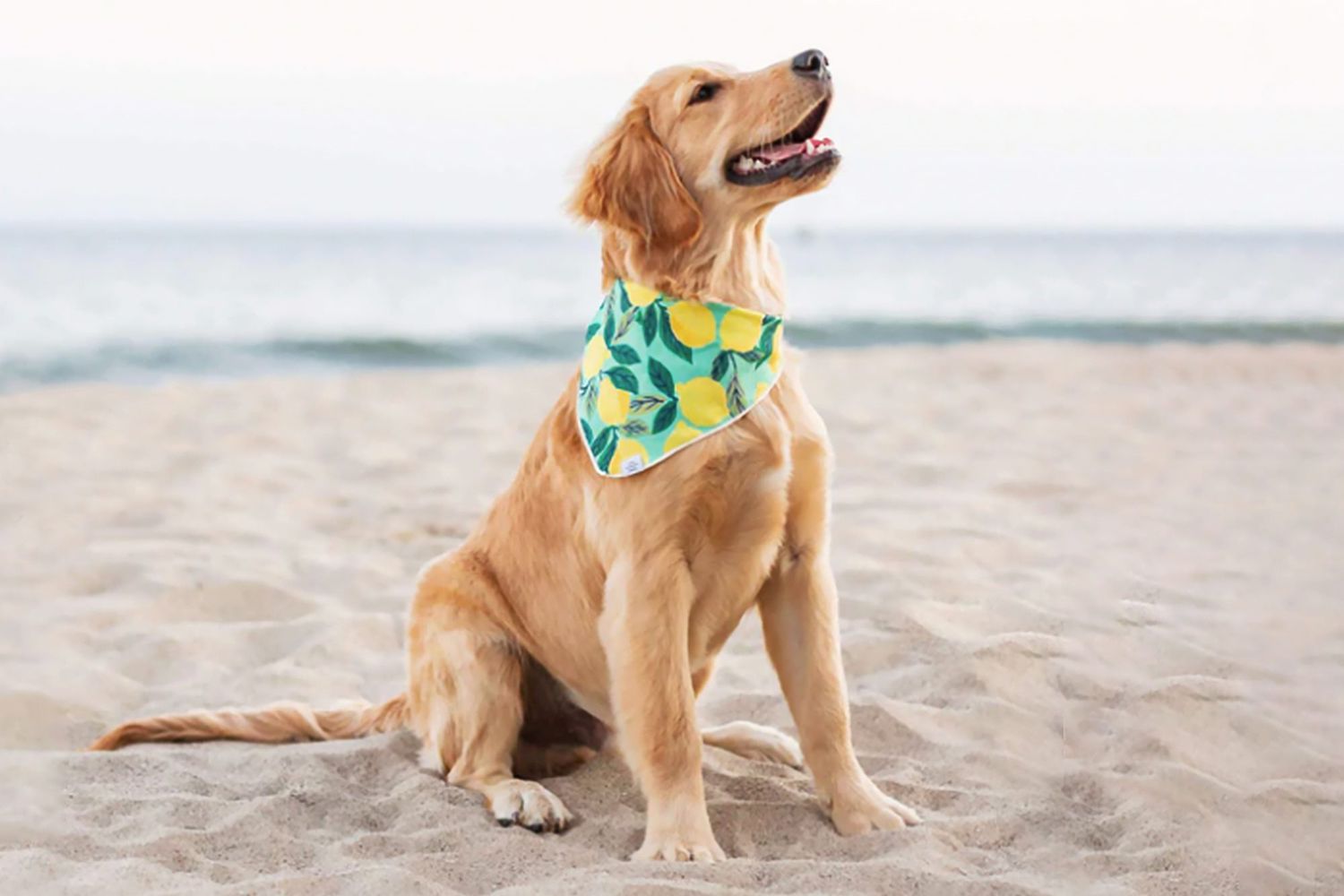
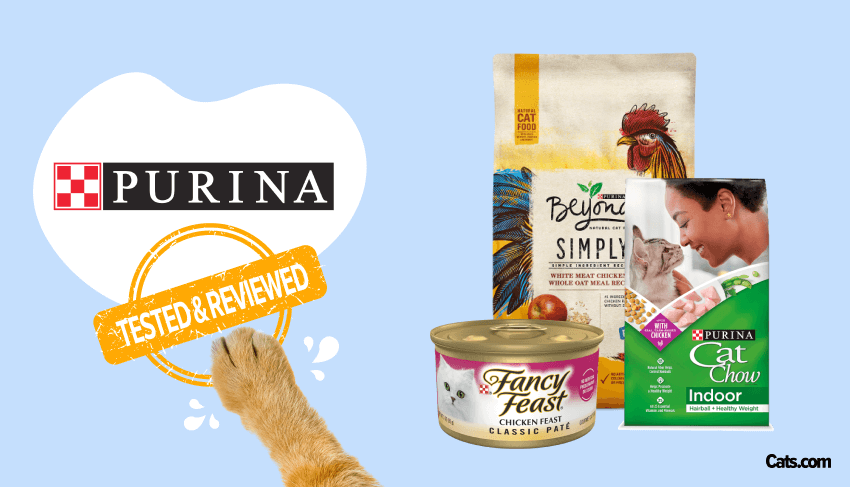
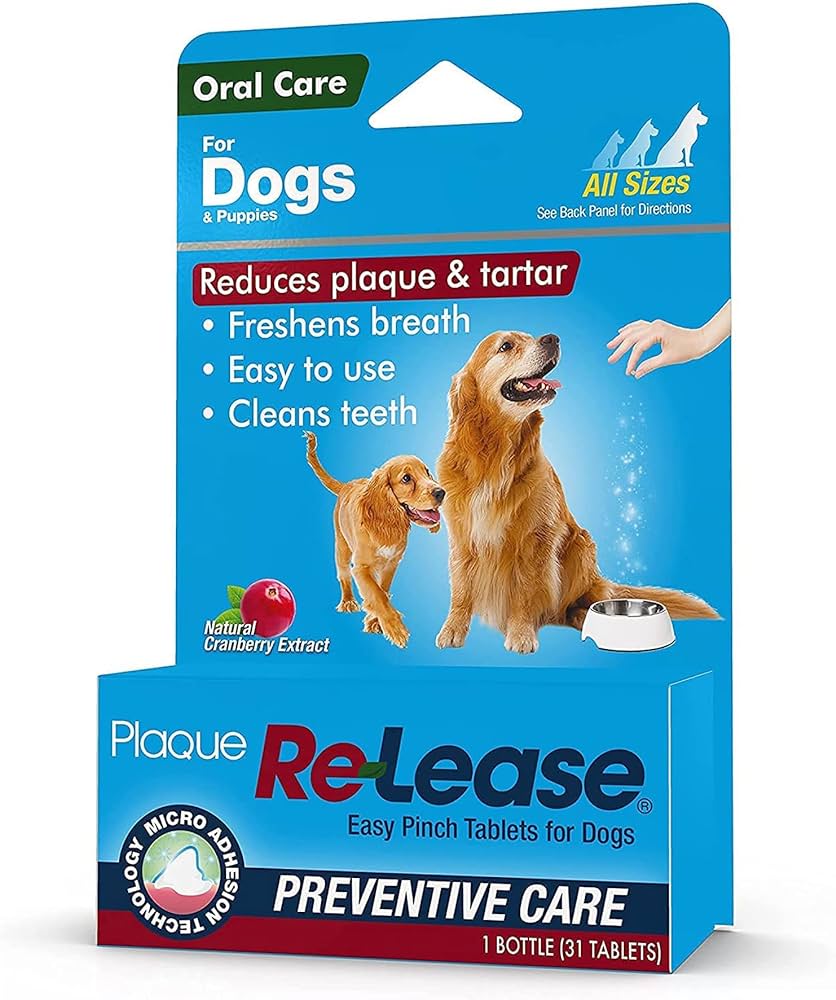
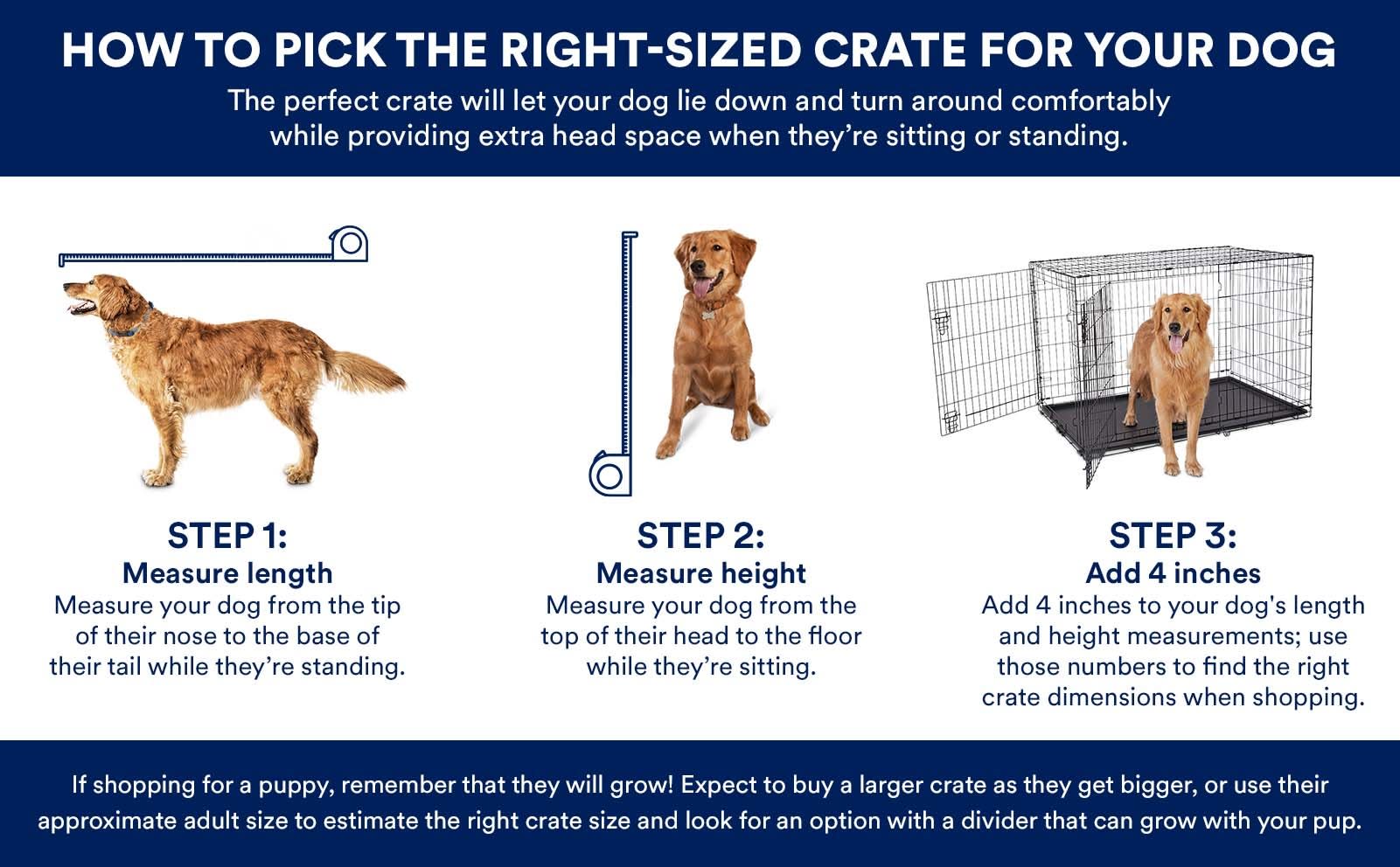


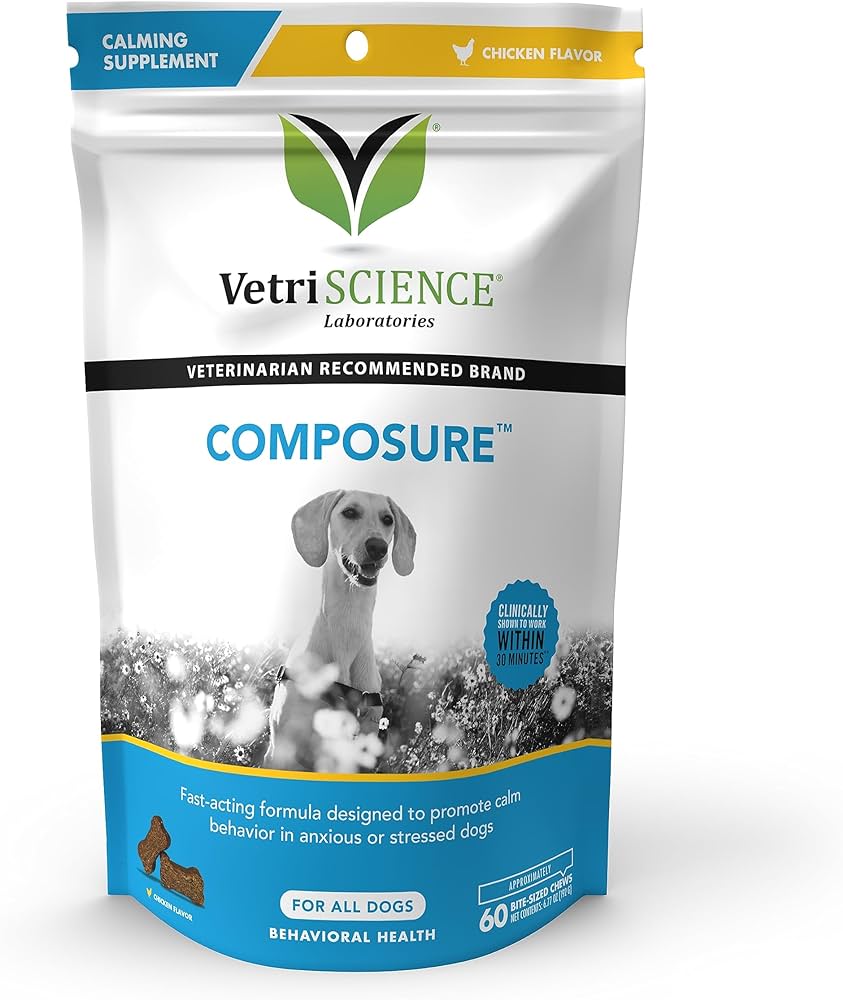
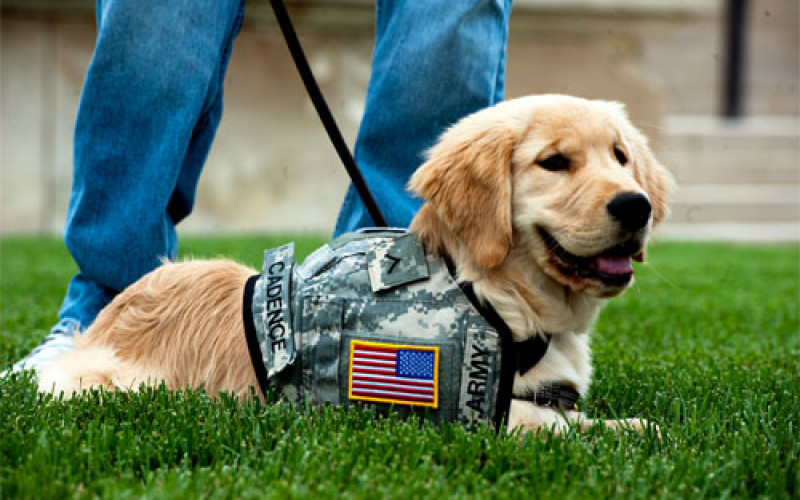
Leave a Reply